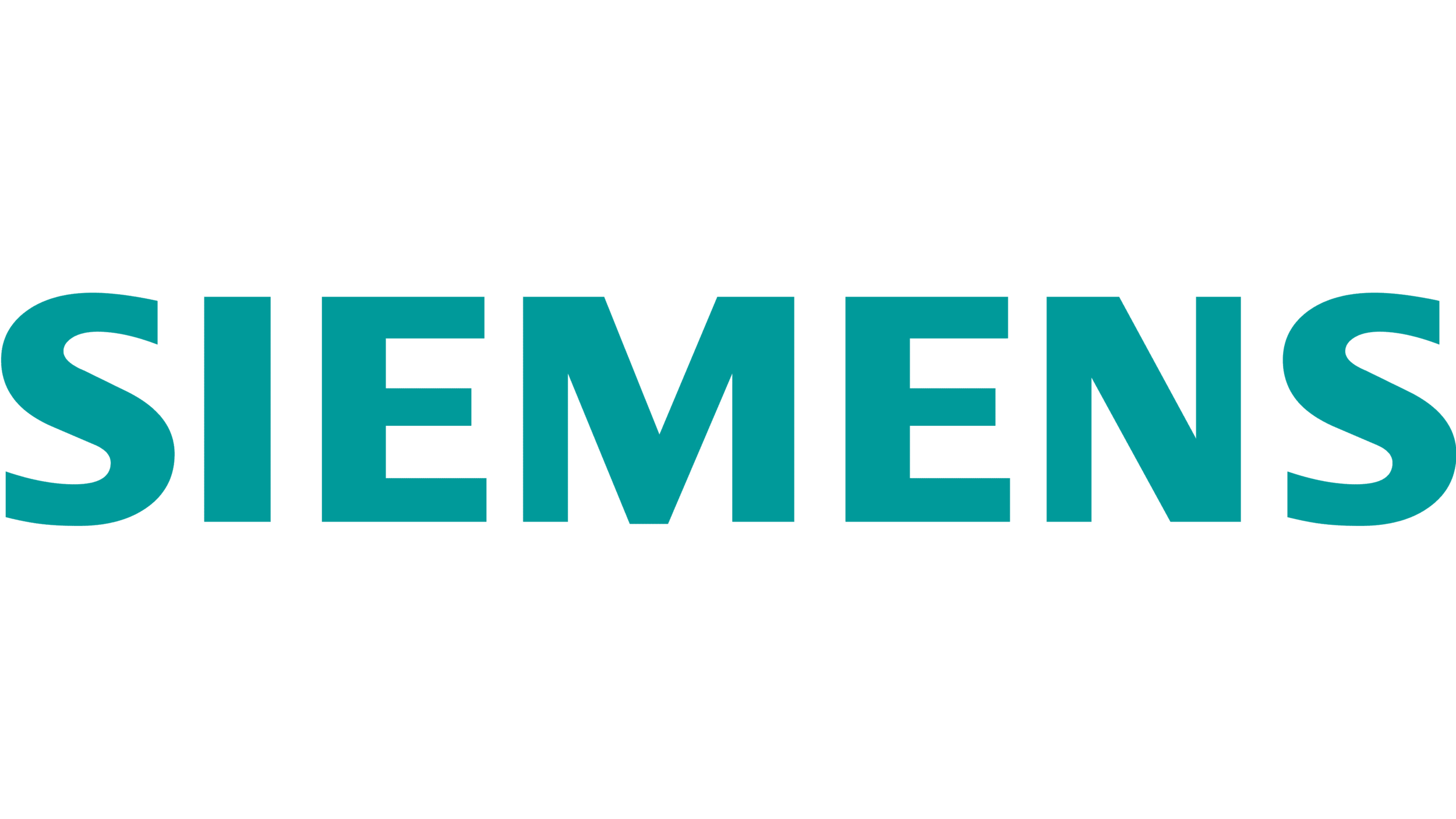
Automation
Dean Systems has extensive experience implementing PLC & HMI solutions for industries including food & bev, chemical, water, power utility, material handling, building materials, textiles and general manufacturing. Dean systems follows industry best practices and standards utilizing the guidelines of the ISA. We have designed solutions utilizing ISA 101 for high performance HMI's, ISA 99 for cyber security on our control systems that can be easily integrated with higher level systems and provide reliability and efficiency.
What is automation?
Automation involves the innovation and application of technology to control equipment in the production and the delivery of goods and services. The use of automation can be applied to multiple different industries like manufacturing, transportation, utilities, and facility operations. It also covers many aspects within the industries; installation, maintenance, design, procurement, and management can all be reached. Multiple benefits come with expert systems, communications, wireless applications, systems integration, cybersecurity, and many more.
The professionals in this field are responsible for solving complex industrial problems and the processes that are important to run each system. They work to preserve the public's health, safety, and welfare that helps our quality of life. Automation professionals tackle the task of delivering everything we need to live a comfortable life like food, cars, water, clothes, appliances, television, and pretty much anything else you can think of.
Why do you need it?
Automation provides many benefits; as discussed above, it's clear that automating processes are essential for increased efficiencies and reliability, however it can be hard to see why each specific process needs them. The benefits spread across pretty much all industries. Here are a few reasons why professionals consider automating their business:
• Cost Effective: Engineers looking at their equipment and processes in the long-term tend to view automation as a strategic investment. Automating tasks that are done repeatedly helps reduce labor time and costs, lessens paperwork expenses, and decreases maintenance costs.
• Time Saving: by allowing machines and software to simplify recurring activities, efficiency and availability are greatly improved.
• Accuracy and Consistency in Operations: Humans make errors, which is almost impossible to avoid, however by automating the manufacturing processes, mistakes will be highly reduced, and production quality and volume will be increased.
• Reduced Employee Turnover: when a process has been automated, the redundant tasks will be automatic and not done by employees. This decreases turnover rates because jobs that are done repeatedly tend to be boring and get old very fast. When the machine is performing the repetitive tasks this gives operators more time to enhance the process, while adding more joy to the employees work life.
PLC Programming Overview
PLCs take the commands from the SCADA system and turn them into reality. They provide the signals to control equipment, logic to ensure things happen safely and in the correct order and make your process as repeatable as possible.
PLC Programming is typically done in ladder logic, a language designed to mimic relay logic. Many modern PLC’s can be programmed in multiple languages, defined by IEC 61131-3 standards, including structured text, function blocks, and sequential flow charts. This gives the PLC the ability to use object-oriented code, making it possible to build reusable code, thus saving development time and costs.
PLC’s, robotics, and other automation tools replace the monotonous, strenuous, and dangerous work. Freeing the operators up to do things best accomplished by humans. Automation increases the productivity of your process, improves quality, and helps your people get more done.
When properly written, PLC logic is easy for maintenance staff to use as a troubleshooting tool. Like any programming language, it requires skill and experience to write and code efficiently, however it only needs to be as complex as necessary. When something goes wrong with equipment, a PLC can be your most valuable tool to get the process up and running quickly, reducing downtime.

We have designed projects to help companies in their digital transformation at the PLC & HMI layer of the automation stack utilizing brands such as: Rockwell Automation, Siemens, Modicon, Opto22 and Bedrock Automation. Dean Systems can provide your next cyber secure industrial control system and vertical integration to the other layers of the automation stack in the digital transformation of your company.












